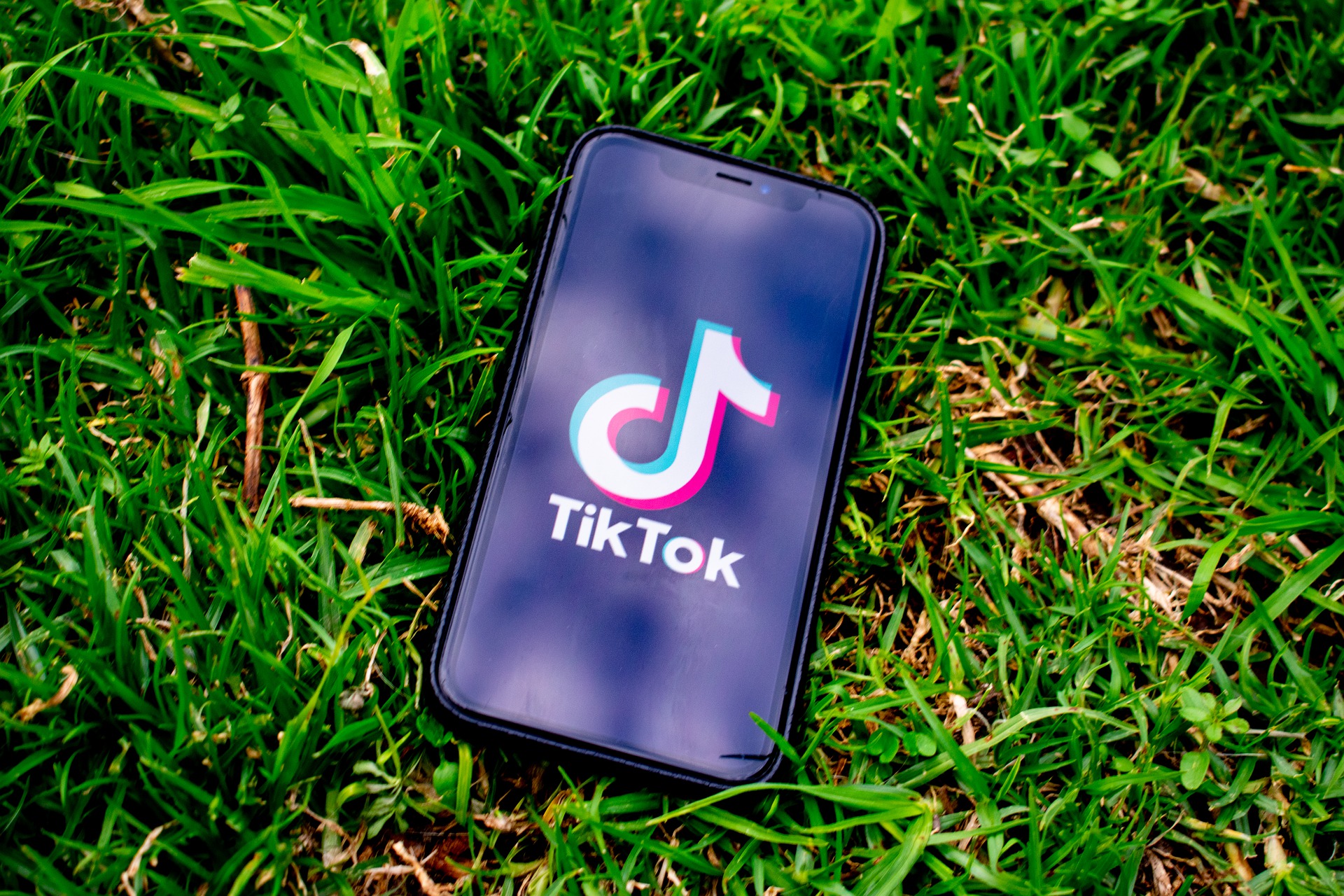Tik Tok is a multimedia platform that went viral in recent years. Much followed by young people, we see content for all ages such as challenges, dances and comedy videos. This application, born in 2016 as Musically, allows you to create videos of 15 or 60 seconds and recently introduced also of 3 minutes, in which you can indulge yourself as you like.
Also very serious topics are covered such as eating disorders, mental instability, racism and much more; contents visible to all, as there are two different categories: “followed” in which there are videos of the people you have decided to follow and “for you” with videos that tiktok thinks you may like or that are simply viral and the algorithm presents you.
Using the application personally, I see that it has an impact on issues that I was not aware of or give me concerns about any problems that others have and that I might have; this is because you often hear stories similar to yours and it is assumed that if that person has had a problem resulting from it then you may have it too; a situation that should not be created, as everyone experiences things in their own way, if that person lived it differently does not mean you took it the wrong way.
It has recently depopulated the story of the Menendez brothers, sentenced to years and years in prison for the murder of their parents. The two boys were victims of domestic violence and sexual assaults on their part; video after video of their testimonies are running on the application to inform and support the brothers in this cause, asking to reopen the matter in court. They now spent decades in prison, separated from each other, the tiktok community is demanding justice, seeing it as self-defense, nothing else.
This and many other issues are dealt with, such as the Palestinian issue and all the manifestations to spread awareness, even though the informations are not always true, increasing fake news.
Asia Isawi 4N
